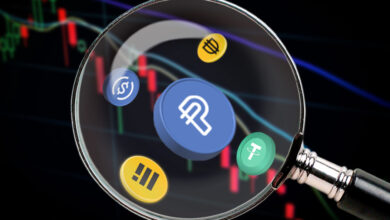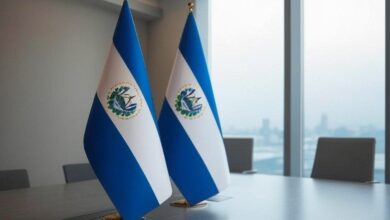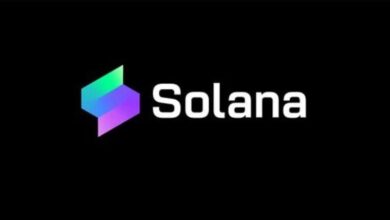HSBC and ING Execute Groundbreaking Live Trade Finance Transaction on R3’s Corda Blockchain Platform

Successful transaction using blockchain proves a better way to trade
HSBC Singapore, Cargill and ING have successfully executed the first live trade finance transaction on R3’s scalable blockchain platform called Corda.
The blockchain transaction involved a bulk shipment of soybeans from Argentina, through Geneva’s trading arm of Cargill, to Malaysia, through Cargill’s Singapore subsidiary as the purchaser. A Letter of Credit was issued using Corda by HSBC to ING. The two banks were acting on behalf of Cargill entities.
The Letter of Credit transaction was an end-to-end trade between a buyer and a seller and their respective banking partners, completed on a single shared application rather than multiple systems.
The transaction demonstrates that blockchain as a solution to trade digitisation, is commercially and operationally viable. Conventional exchanges for paper-based documentation related to letters of credit usually take between 5-10 days. This exchange wasdone in 24 hours.
“What this means for businesses is that trade finance transactions have been made simpler, faster, more transparent and more secure,” said Vivek Ramachandran, HSBC’s head of growth and innovation. “The need for paper reconciliation is removed because all parties are linked on the platform and updates are instantaneous. The quick turnaround could mean unlocking liquidity for businesses.”
The improved operational efficiencies, greater security with real-time tracking of goods and documents, and automatic reconciliation of payments is particularly pertinent to Singapore. This is due to the sheer volume of shipments, both global and regional, that passes through its ports.
Singapore’s ports handled a total of 626.2 million tonnes in cargo last year, up 5.5% from 2016, while annual vessel arrival tonnage increased by 5.1% to reach 2.8 billion gross tonnes.
The faster documentation turnaround for each shipment could potentially lead to increased flexibility in liquidity management for businesses. This is a significant development for any organisation involved in buying and selling goods internationally.
The success of this live transaction builds a firm foundation for the future of trade finance,especially for Singapore.
According to the United Nations, digitizing all of the Asia-Pacific region’s trade-related paperwork could slash the time it takes to export goods by up to 44% and in doing so, cut costs by up to 31%, and boost exports by as much as $257 billion a year.
Enterprise blockchain records data digitally in much the same way as bookkeepers used to write in old-fashioned ledgers. However, the information is recorded on a shared ledger, with each party holding a copy of said ledger that updates the appropriate information required by the participant instantaneously. Each party can only see the information that is relevant to them. This kind of technology is perfect for trade because it maintains an unchangeable record of the transaction (including a description of the goods themselves, the cost, and any legal requirement) on one digital ledger. At the appropriate time in each transaction, the information required by participants can be shared with them for approval.
R3 and the group of 12 banks supporting the Corda application are seeking to expand the network on an open basis to drive adoption across the industry. They welcome engagement
from banks and other ecosystem participants.





